By Adedapo Adesanya
Nigeria’s financial inclusion goal, which seeks to bring the unbanked into the financial system, hit 64 per cent in 2023 from the 56 per cent it reached in 2020.
According to a new report from EFInA, a UK government-backed firm working to deepen financial inclusion, the country was able to bring more people into the formal financial systems through the creation of bank accounts, insurance, or provision of mobile money in the period.
However, this is still far from the 95 per cent target set by the federal government through the Central Bank of Nigeria (CBN), which it hoped to achieve by 2024.
Financial inclusion is achieved when individuals and businesses have access to useful and affordable financial products and services, which he said must meet the needs of individuals and businesses and must be delivered sustainably and responsibly.
According to the report, just 52 per cent of Nigeria have a bank account, adding that more comprehensive adoption is hampered by widespread poverty in Africa’s most populous country.
“Nearly 50% of adults have no financial account because they have no income,” the report released Friday and funded by the Bill & Melinda Gates Foundation said.
It added that less than 5 per cent, accounting for 3 per cent have insurance policies in 2023, unchanged from 2020, while 8 per cent are contributing to the Contributory Pension Scheme (CPS) programme, the same as three years ago.
The report said the government needs to adopt complementary policies that tackle endemic poverty and make social investments in education, vocational skills, entrepreneurship, and health.
Nigeria has faced a staggering decline in consumption and purchasing power with over 60 per cent multi-dimensionally poor, meaning they lack access to food, health, and education. Moves to boost the economy have been affected by low crude oil revenues and a shortage in the Dollar amid high inflation.
The CBN’s decision under the Muhammadu Buhari administration to redesign the Naira and take excess cash out of the system, along with approving telecom providers to offer financial services helped drive the recent increase, EFInA said.
However, it warned that “the rapid growth of access to payment is not translating to significant improvement in access to credit, savings pensions, and insurance where the social impact of financial inclusion would be bigger.”






